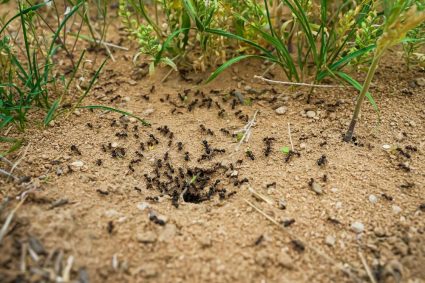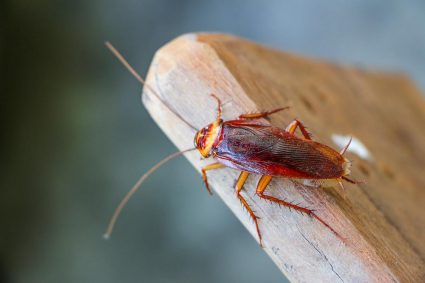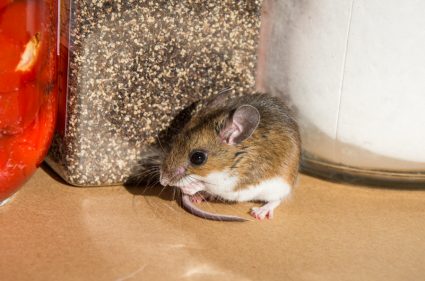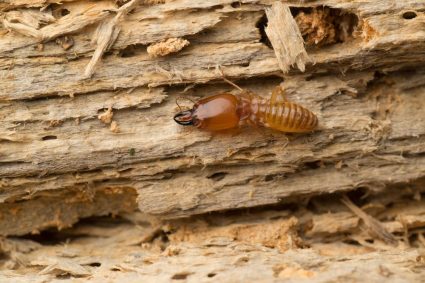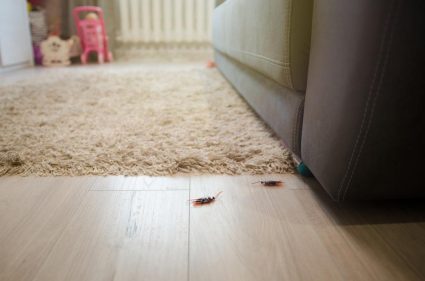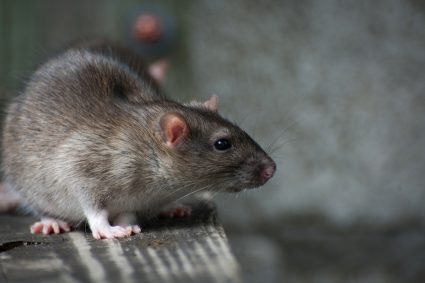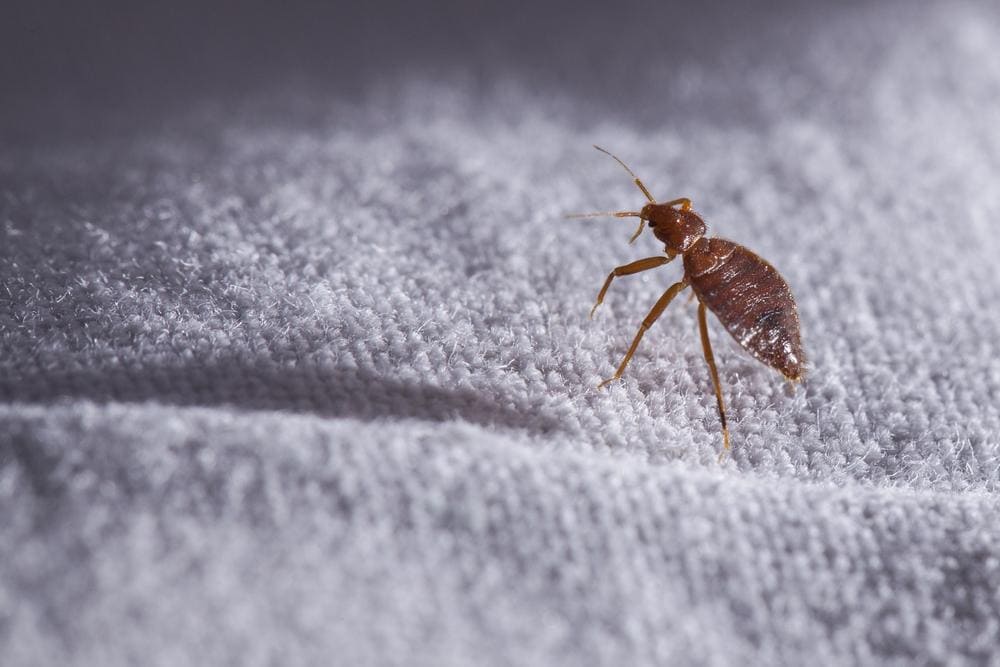
Bed bugs are a common household pest that can be difficult to eradicate. These small, flat insects feed on human blood, usually at night, and can cause a variety of health issues, including skin rashes, psychological effects, and allergic symptoms. Understanding what bed bugs hate can help you deter these pests and keep your home bed bug-free.
Bed bugs are repelled by several substances including diatomaceous earth, cayenne pepper, rubbing alcohol, cinnamon, peppermint, and essential oils like tea tree, lavender, and oregano. These substances can deter bed bugs, but their effectiveness can vary and they may not be enough to completely eliminate an infestation. Professional pest control services are usually more effective in eradicating bed bugs.
What Are Bed Bugs?
Bed bugs are small, wingless insects from the Cimex genus. They are reddish-brown in color, approximately one-quarter inch long, and have a flat, oval-shaped body. Bed bugs are primarily found in areas where people sleep, such as apartments, shelters, hotels, dorm rooms, and cruise ships. They hide during the day in places like seams of mattresses, box springs, bed frames, headboards, and cracks or crevices in walls, floors, and furniture.
What Do Bed Bugs Hate?
There are several substances and smells that bed bugs despise, and these can be used to repel them.
- Diatomaceous Earth: This natural powder can absorb water-protecting fats and oils on bed bugs’ exoskeletons, causing them to dehydrate and die.
- Cayenne Pepper: When mixed with ginger and oregano, cayenne pepper can kill bed bugs on contact.
- Rubbing Alcohol: Bed bugs dislike the smell of alcohol, and it can also dry out their bodies, leading to their death.
- Cinnamon: The smell of cinnamon can keep bed bugs away, as they cannot handle it.
- Peppermint: The strong scent of peppermint repels bed bugs and discourages them from infesting your home.
- Tea Tree Oil: This essential oil can be used as a natural bed bug deterrent.
- Lavender and Oregano Essential Oils: These oils can be mixed with vinegar to create a home remedy for bed bugs.
It’s important to note that while these substances may help repel bed bugs, they may not be enough to completely eliminate an infestation. Professional pest control services, such as heat treatments, are often more effective in eradicating bed bugs.
How Effective Are These Deterrents?
While these substances and smells may help deter bed bugs, their effectiveness can vary. Some, like diatomaceous earth, can effectively kill bed bugs by damaging their exoskeletons and causing dehydration. Others, like certain essential oils, may repel bed bugs but may not kill them. It’s also important to remember that bed bugs can develop resistance to certain insecticides, making some chemical deterrents less effective over time.
Professional pest control treatments, on the other hand, are usually more effective in exterminating bed bugs. These treatments often involve the use of chemical treatments, steam treatments, and heat treatments, which can more thoroughly eliminate bed bugs from your home.
Preventing Bed Bug Infestations
Prevention is always better than cure, and this is particularly true when it comes to bed bugs. Here are some preventative measures you can take to avoid a bed bug infestation in your home:
- Inspect secondhand furniture, beds, and couches for signs of bed bug infestation before bringing them home.
- Use a protective cover that encases mattresses and box springs to eliminate hiding spots.
- Reduce clutter in your home to minimize hiding places for bed bugs.
- Vacuum frequently to remove any hitchhikers.
- Regularly wash and heat-dry your bed sheets, blankets, bedspreads, and any clothing that touches the floor.
By understanding what bed bugs hate and taking preventative measures, you can keep these pesky pests out of your home. However, if you suspect you have a bed bug infestation, it’s important to contact a professional pest control service to handle the situation safely and effectively.
Frequently Asked Questions
What are the signs of a bed bug infestation?
Signs of a bed bug infestation include small, itchy bites on your body, blood stains on your sheets or pillowcases, dark or rusty spots of bed bug excrement on sheets, mattresses, bed clothes, and walls, bed bug fecal spots, egg shells, or shed skins in areas where bed bugs hide, and an offensive, musty odor from the bugs’ scent glands.
How do bed bugs spread from one place to another?
Bed bugs are excellent hitchhikers. They move from place to place with ease, often hiding in luggage, clothing, used furniture, or other items to move from one location to another. This is why infestations are common in hotels, dorm rooms, and apartment buildings.
How quickly can a bed bug infestation spread?
A single female bed bug can lay hundreds of eggs, each of which is about the size of a speck of dust. As a result, a small, unnoticed population can quickly become a full-blown infestation.
Are bed bugs a sign of poor hygiene or cleanliness?
Bed bugs are not a sign of poor hygiene or cleanliness. They are attracted to warmth, blood, and carbon dioxide, not dirt and grime. Bed bugs have been found in both clean and dirty places.
Can bed bugs cause diseases?
According to the CDC, bed bugs do not transmit or spread disease. However, their bites can cause itching and loss of sleep. Some people may also experience allergic reactions to their bites, which can require medical attention.


